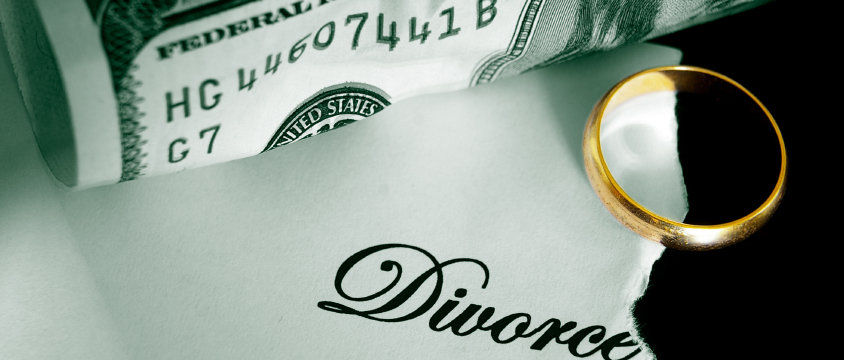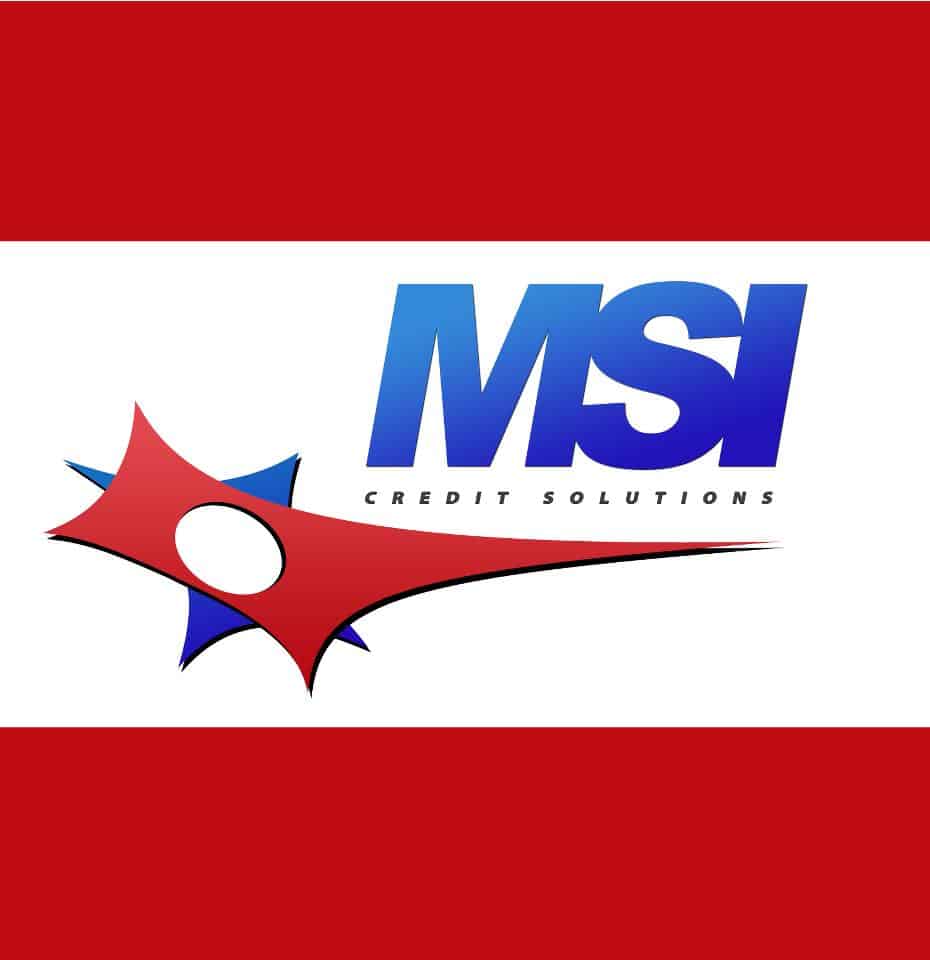Last week we clarified that a divorce decree does not eliminate your financial responsibilities on joint accounts. If you have attempted everything to avoid divorce, but do see it in your future, it is best to start considering joint finances and how they will be handled to help protect you. Today we will cover how to manage these joint accounts to ensure your credit is left unharmed through the divorce process.
How to handle revolving accounts (credit cards, retail cards) during this process.
Authorized Users on Revolving Accounts:
- Remove your ex-spouse from any authorized user credit card accounts.
- Are you the main account holder on authorized user credit card accounts? Since you are the responsible account holder, any charges made on these accounts are ultimately your responsibility. Please keep in mind that authorized user accounts and joint accounts are different.
Joint Revolving Accounts:
- Close joint credit card accounts.
- Both parties are responsible for joint accounts, and with joint accounts you cannot simply request to be removed like you can with an authorized user account. It is because of this reason that we advise that joint credit card accounts are closed and new lines be established separately.
- Determine who will be the responsible party to pay remaining balances.
- If an arrangement is made where one party will take care of the debt remember the downside, if the arranged party fails to make any payments, it will ultimately affect both parties. For this reason it is best to try to arrange the responsible party to pay the debt in full.
- Include any debts with balances in the divorce decree.
- If the responsible party was not able to pay the account in full, be sure that the details for the arrangement of the debt is included under their name within the divorce decree. Keep in mind that if there are still any owed balances on the closed account, balances must still be paid.
How to handle installment accounts (mortgage, car) during this process.
Joint Installment Accounts:
- Pay accounts in full and satisfy the account to end the agreement.
- Have the responsible party satisfy the debt in full. Once this debt is satisfied there will no longer be any financial responsibilities tied to either party. This would be a good time for the responsible party to access funds from their savings, 401K, etc.
- There is no authorized user account option when it comes to installment accounts. Additionally, you cannot simply request to close the loan and then pay the remaining balance as you can with a credit card. For these reasons, loans will usually be more challenging when it comes to arranging an agreement with your ex-spouse.
- If payment in full is not an option, have the loan refinanced under the responsible party name.
- After a refinance your name would be removed and you would be relieved of any financial responsibilities associated with the account.
- Include any debts with balances in the divorce decree.
- If the responsible party was not able to pay the account in full or refinance in their name, be sure that the arrangements for the debt are included under their name within the divorce decree.
- Remember, the divorce decree does not supersede the original contract. At the end of the day if both names are still on the agreement, and the account defaults, both parties will still be affected by it.
How to handle miscellaneous accounts (utility bills, leases) during this process.
Joint Utility Bills:
- Transfer accounts to the responsible party.
- Some service providers may be able to take off a party off the account to relieve you of responsibility to the account.
- Close all joint accounts and establish new separate accounts.
- Even though the positive payment history of accounts such as your cell phone, electricity or any other utility bills do not reflect on your credit report, if the account is to default it will reflect within your report. Once again, if your name is associated with it, and your spouse fails to pay it, it will affect you. Don’t let a something such as a simple cable bill affect your credit because equipment was not returned by your spouse after services were closed. Close all joint bills, pay off any remaining balances, and establish new separate accounts.
Joint Lease Agreements:
- Transfer the lease to the responsible party.
- Some rental agencies may allow for a party to drop from the lease to relieve you from responsibility of the account.
- If you cannot transfer the lease, break the lease agreement.
- If you cannot transfer the lease to the responsible party, it is best to set all feelings aside, and break the lease. Be sure to pay any fees as due to avoid any derogatory items from reporting on your credit. Rental leases are one of the items that are usually left unresolved, and later comes back to haunt your credit worthiness. Negative rental leases can be a big hindrance not only to the calculation of your scores, but also when seeking housing in the future.
We understand that going through a divorce is emotionally and financially stressful, but proper financial planning will reduce any financial stress during and after the divorce. Awareness to some of these tips will reduce the risk of acquiring new negative blemishes on your credit report and avoid any credit score decreases. Join us next week as we cover how to protect your identity to ensure no negative information is reported onto your credit during and after a divorce.
MSI Credit Solutions provides superior credit restoration and comprehensive consulting services that are reliable and affordable. For any questions or to schedule a free credit consultation, contact us at (866) 217-9841.
*The information in this article has been provided strictly for educational purposes.







